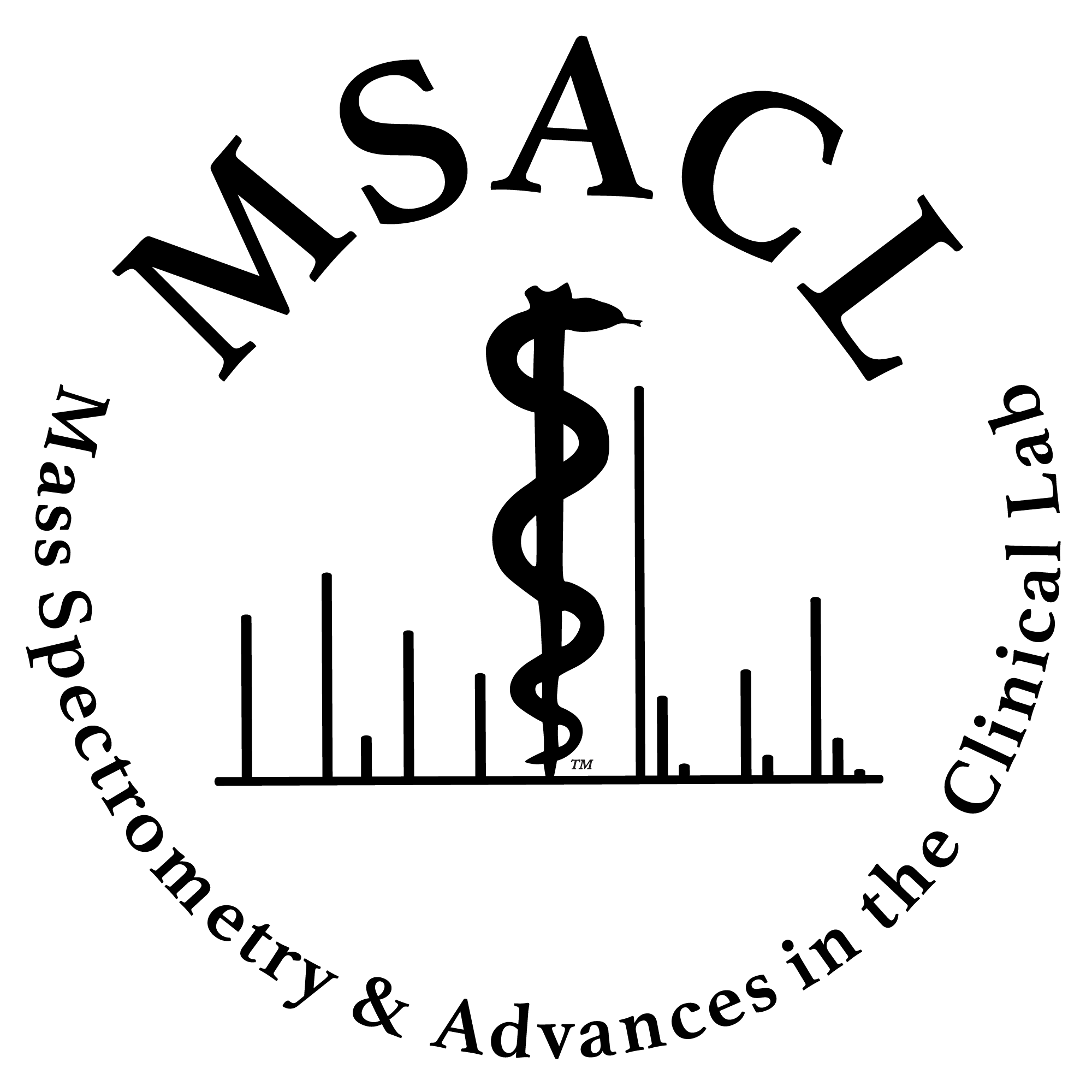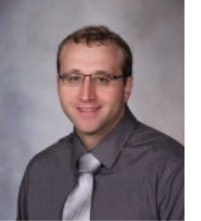|
||||||||||||||||
|
Summary Despite the exceptional specificity of liquid chromatography-tandem mass spectrometry (LC-MS/MS) measurements, minimizing the impact of interferences is an ever-present challenge that imposes an operational burden on clinical laboratories and can negatively impact patient results if not properly addressed. Traditional techniques to reduce interferences include using enhanced enrichment techniques or longer/more complex chromatographic conditions, but these techniques reduce throughput, require additional labor, add complexity, and increase the cost of performing clinical testing. Ion mobility is emerging as a complementary and orthogonal chemical separation technique with the potential to decrease the prevalence and impact of interferences and chemical noise. FAIMS is an ion mobility technique that is ideally suited for use when performing targeted LC-MS/MS testing. In this presentation, we will demonstrate the benefits of this technology for measurements of 2,3-dinor 11β-Prostaglandin F2α in urine, as well as fentanyl and norfentanyl in urine. Our results show that use of the FAIMS device increases the signal-to-noise ratio of chromatographic peaks, reduces the prevalence of apparent chromatographic interferences, and improves the agreement between fragment ions monitored for each analyte, without negatively impacting important analytical metrics such as precision and accuracy. |
||||||||||||||||

